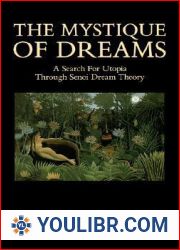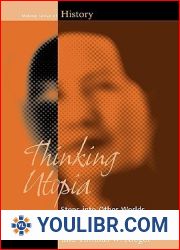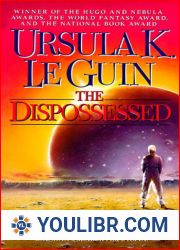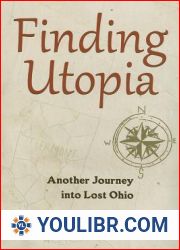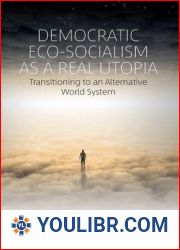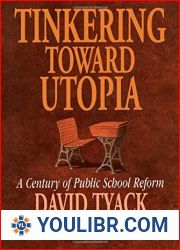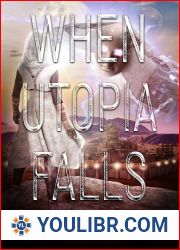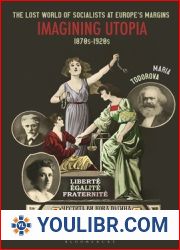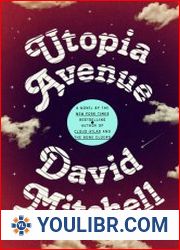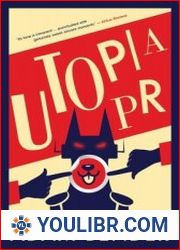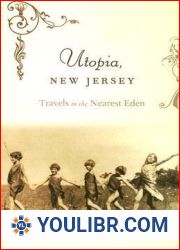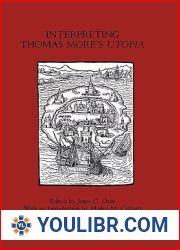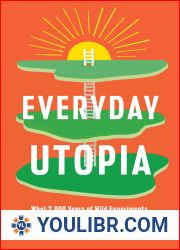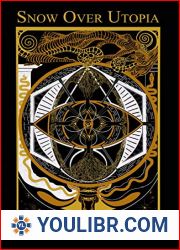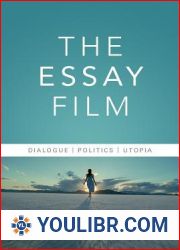
BOOKS - Erasmus, Utopia, and the Jesuits: Essays on the Outreach of Humanism (Science...

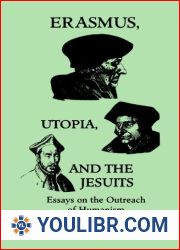
US $5.86

122349

122349
Erasmus, Utopia, and the Jesuits: Essays on the Outreach of Humanism (Science and Engineering; 1) 1st edition by Olin, John C. (1994) Paperback
Author: John Olin
Year: January 1, 1994
Format: PDF
File size: PDF 34 MB
Language: English
Year: January 1, 1994
Format: PDF
File size: PDF 34 MB
Language: English
Renaissance humanism had a reform thrust.... It put a new emphasis on man and his dignity. It believed that the revival of classical letters, the litterae humaniores, and an education based thereon would produce a better and more enlightened person. Moral as well as intellectual reform was a goal; religious and social reform would inevitably follow. This reform thrust is all the more understandable when one realizes that a scriptural and patristic revival was an integral part of Renaissance humanism. The latter embraced the languages and literature of Christian as well as pagan antiquity and represented a tradition closer to the thought of the early Church Fathers than to the Burckhardtian and once prevalent view of a revival of antiquity antithetical to Christianity. My first essay concerns Erasmus and Saint Jerome, the early Church Father whom the great humanist most highly esteemed and whose work he edited and published in a landmark edition in 1516.... The second essay is about another of Erasmus' patristic editions, his edition of the writings of Saint Hilary of Poitiers which appeared in 1523.... Both these essays deal with an important but long-neglected segment of Erasmus' humanist scholarship and stress its fundamental reform purpose. The third essay centers on Erasmus' collaboration with the famous Venetian scholar-printer Aldus Manutius in 1508.... A key edition of Erasmus' Adagia was published that year by the Aldine Press - which brings us to the fourth essay on the Adagia and Thomas More's Utopia. I link one of the proverbs Erasmus prominently expounds in his book, namely, and "Friends have all things in common, and " with the theme of Utopia, and I claim that the two humanists are presenting the same moral and religious ideal, although in very different ways. In the fifth essay I continue the discussion of the utopian idea and describe several such projections found in famous literary works. I begin with More's classic and end with a work of Matthew Arnol












